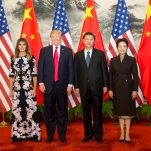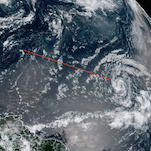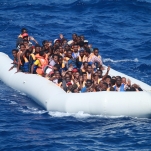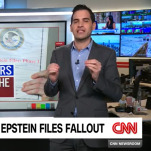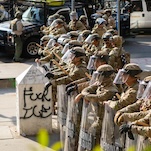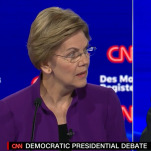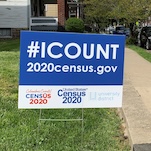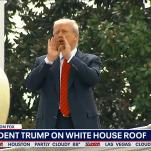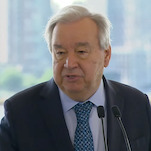American Empire: The Perpetual Scramble For The Horn Of Africa
Photo by Master Sgt. Jeremy Lock, Public domain, via Wikimedia Commons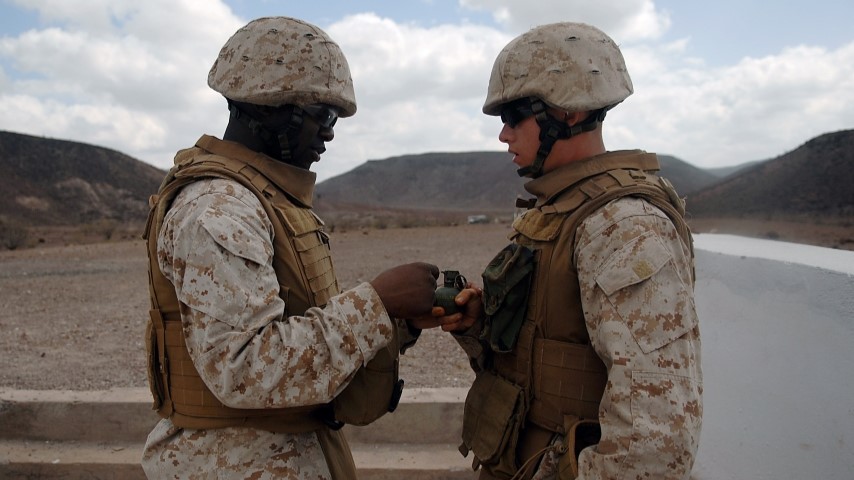
This is American Empire, Splinter’s rolling series of articles exploring the power of the United States and the different ways it is unleashed upon the world. Read our other entries here.
The Horn of Africa, despite its profound geopolitical importance, does not make international headlines all that often. But the peninsula, jutting out of the continent’s eastern flank, has for centuries captured the attention of foreign powers, which seek to control the land and the waters it straddles. Both the Gulf of Aden and the Red Sea are essential routes within the global economic system, allowing for the transportation of massive amounts of goods and, crucially, oil from the Persian Gulf, which means, through sheer coincidence of geography, this area is perceived by great powers to be exceptionally valuable.
But, of course, the Horn is not just a geopolitical node. When defined in its broadest terms — which means counting the states of Djibouti, Eritrea, Ethiopia, Kenya, Somalia, South Sudan, Sudan, and Uganda — the Horn is home to an estimated 298 million people, who belong to a diversity of ethnicities, speak a range of languages, and who harbor all sorts of ideas about how their lands should be governed. It is they who are forced to defend themselves against the violent whims of great powers and the local elites they support.
-

-

-

-

-

-

-

-

-

-

-

-

-

-

-

-

-

-

-

-

-

-

-

-

-

-

-

-

-

-

-

-

-

-

-

-

-

-

-

-

-

-

-

-

-

-

-

-

-

-

-

-

-

-

-

-

-

-

-

-

-

-

-

-

-

-

-

-

-

-

-

-

-

-

-

-

-

-

-

-

-

-

-

-

-

-

-

-

-

-

-

-

-

-

-

-

-

-

-

-

-

-

-

-

-

-

-

-











































































